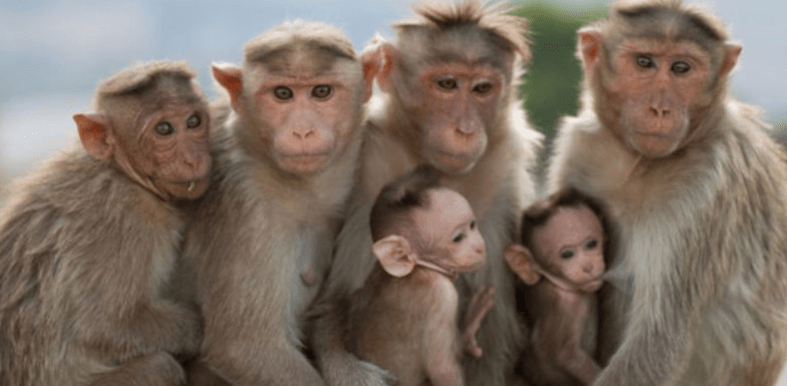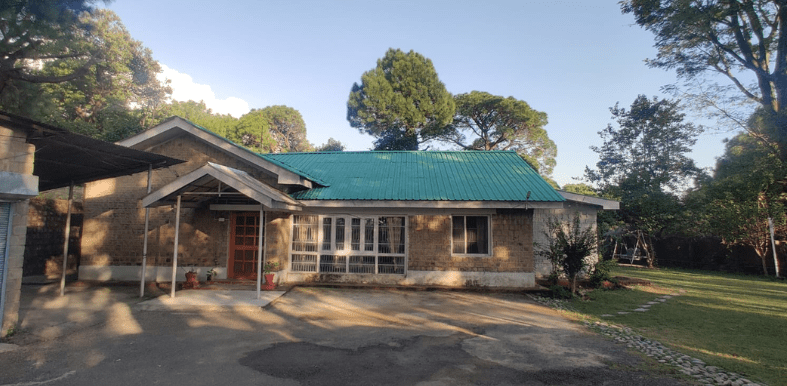Shimla: The Himachal Kisan Sabha has dismissed the Sukhvinder Singh Sukhu government’s claims that sterilisation efforts have significantly reduced the monkey population in the state.
In response to the Wildlife Department’s recent report, the farmers’ body argued that sterilisation alone has not been effective in controlling the monkey menace and credited farmers for taking matters into their own hands.
Kuldeep Singh Tanwar, president of the Himachal Kisan Sabha, stated that scientifically, reducing a wild animal population requires sterilising at least 80% of the total population in a specific time frame. However, according to government data, only 2-4% of monkeys have been sterilised annually, making it unlikely to have any noticeable impact on the overall population.
Also Read: https://thenewzradar.com/new-flight-from-kullu-to-jammu-to-start-under-udan-himachalis-can-easily-visit-vaishno-devi/
“We do not deny that the monkey population has decreased, but this decline has been observed in areas where desperate farmers, frustrated by the havoc caused by monkeys, resorted to poisoning them,” said Tanwar, citing upper Sirmaur district as an example. In contrast, areas like Shimla, where the government has focused sterilisation efforts, have not seen a significant reduction in the monkey population.
Scientific culling the only solution
Tanwar, in a statement, emphasised that the only effective solution is scientific culling. “When animal populations exceed the carrying capacity of an area, culling is the only answer,” he said. Despite monkeys being declared vermin in Himachal, the government has not taken concrete steps to control their numbers through culling, leaving the responsibility to the public.
“Expecting farmers, who lack guns or trained shooters, to deal with this issue is impractical,” he added. The Kisan Sabha had previously suggested forming teams of trained shooters to carry out culling under the supervision of wildlife experts, but this proposal was ignored.
Flawed afforestation policy to blame
Jayshiv Thakur, a member of the Himachal Kisan Sabha’s state committee, said the rising incidents of wild animals entering human settlements are a direct result of flawed afforestation policies. “Blaming the public is unfair.
The real culprit is the department’s policy of planting non-fruit-bearing trees, which has deprived animals of their natural food sources, forcing them to venture into human habitations in search of food,” Thakur explained. Pine trees, in particular, have destroyed shrubs and grasslands that once supported wildlife, a problem seen not only in Himachal but across the country due to misguided afforestation efforts.






